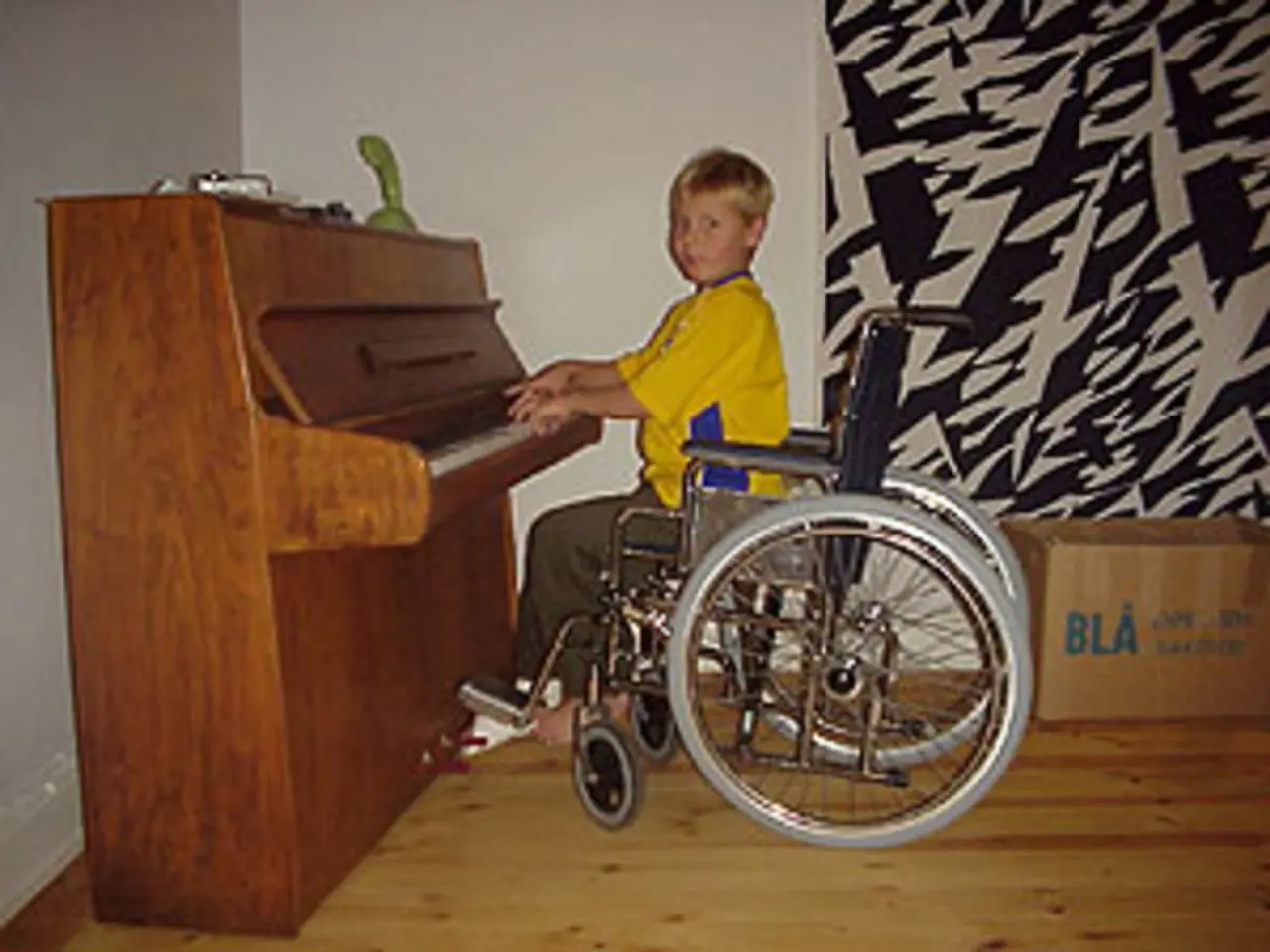Children with autism might experience positive impacts from attention training, according to a recent study.
In a groundbreaking development, a new study published in Autism Research indicates that attention training can significantly improve academic performance in young people with Autistic Spectrum Disorder (ASD).
The research, funded by the Economic and Social Research Council, part of UK Research and Innovation, and the European Union's Erasmus Programme, was conducted by a team of researchers at the University of Birmingham, São Paolo institutions, and Tel-Aviv University. The study was carried out at the São Paolo ASD Reference Unit, a specialist children's treatment unit.
The study involved 26 children with ASD aged between eight and 14 years old. The children were divided into two groups: one used a computer programme called CPAT for attention training, while the other played ordinary computer games.
Dr Carmel Mevorach, the lead researcher, states that attention is a fundamental cognitive process, and better controlling it can have an impact on other behaviours and learning ability. According to the findings, the CPAT group showed significant improvements in reading, writing, maths, and overall attention immediately after the training and at a three-month follow-up assessment. In contrast, the control group participants showed no improvement in these areas.
The CPAT group was able to correctly identify and read more isolated words (an increase from around 44 to around 53) and copy more words (an increase from around 18 to around 25) after the training. Moreover, the CPAT group improved their maths scores by more than 50%.
The institutions involved in the Erasmus+ project "Teacher Training in Attention in Autism" include various European universities and educational organizations. The CPAT programme is part of this project, with partners in Greece, Spain, Israel, and the UK. Local pilot projects with schools in each of the TTAA countries are being carried out to enable teachers to embed the CPAT programme in their settings.
Dr Mevorach believes that giving teachers the freedom to experiment with CPAT is revealing more about its potential benefits. The next stage for the research is a larger clinical trial to establish the potential impact of the intervention further.
These improvements were maintained when the children were re-tested three months after completing the programme. The study's results suggest that attention training could be a valuable tool in improving the academic performance of children with ASD, offering hope for a brighter future for these individuals.
Read also:
- visionary women of WearCheck spearheading technological advancements and catalyzing transformations
- Recognition of Exceptional Patient Care: Top Staff Honored by Medical Center Board
- A continuous command instructing an entity to halts all actions, repeated numerous times.
- Oxidative Stress in Sperm Abnormalities: Impact of Reactive Oxygen Species (ROS) on Sperm Harm








